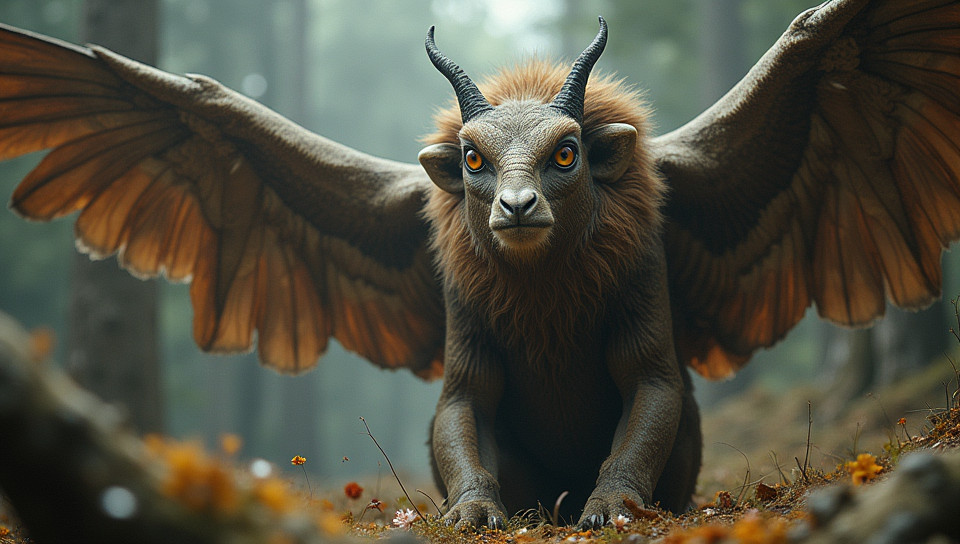Science has eroded humans' god-like status among animals 80%

The Rise and Fall of Human Exceptionalism: How Science Has Redefined Our Place Among Animals
For centuries, humans have considered themselves the pinnacle of creation, set apart from other animals by their intelligence, rationality, and capacity for complex thought. However, as scientific discoveries continue to unravel the mysteries of the natural world, our understanding of ourselves and our place among other species has undergone a profound shift.
The Old Narrative: Humans as God-like Beings
For much of human history, we have been viewed as separate from and superior to other animals. This notion was often justified by theological arguments, with humans being seen as created in the image of God or as masters over the natural world. However, as science began to shed light on the complexity and diversity of animal behavior, cognitive abilities, and social structures, this narrative started to crumble.
The Rise of Comparative Cognition
One key area where science has eroded human exceptionalism is in the field of comparative cognition. Studies have shown that many animal species possess advanced problem-solving skills, memory, and even cultural transmission capabilities. For example:
- Chimpanzees use tools to hunt and gather food
- Dolphins demonstrate complex social behaviors and communication systems
- Elephants exhibit empathy and self-awareness
These findings challenge the long-held assumption that humans are uniquely intelligent or rational.
The Evolution of Human Behavior
Another area where science has redefined our understanding of human exceptionalism is in the study of human behavior. Research has revealed that many human behaviors, such as aggression, cooperation, and altruism, have evolutionary roots and are not unique to our species.
- Humans are capable of both remarkable acts of kindness and brutal violence
- Our emotions and motivations are shaped by a complex interplay between biology and environment
- Social norms and cultural influences play a significant role in shaping human behavior
These insights suggest that our behavior is more nuanced and context-dependent than previously thought, blurring the lines between humans and other animals.
The Future of Human Exceptionalism
As scientific discoveries continue to advance, it's likely that our understanding of ourselves among other species will become even more nuanced. Rather than viewing humans as god-like beings, we may come to see ourselves as part of a larger web of life, connected to and interdependent with the natural world.
In conclusion, science has eroded human exceptionalism by revealing the complexity and diversity of animal behavior, cognitive abilities, and social structures. As we continue to explore and understand the natural world, it's clear that our place among animals is not one of superiority, but rather one of connection and interdependence.
- Created by: Evelyn Perez
- Created at: Nov. 14, 2024, 11:09 a.m.
- ID: 15879



